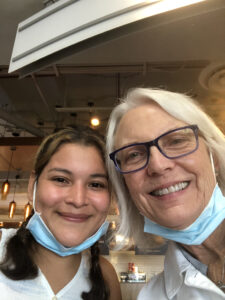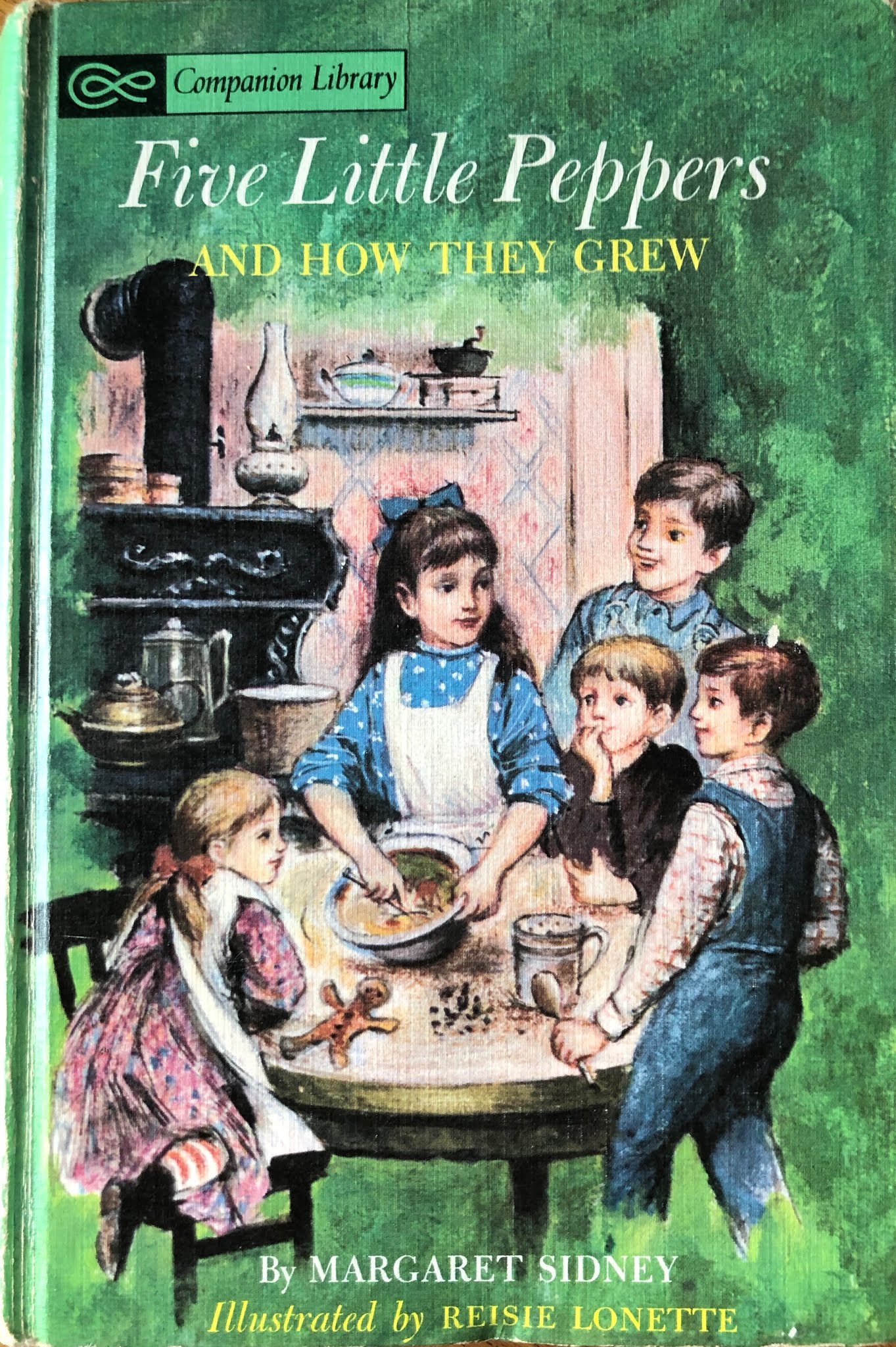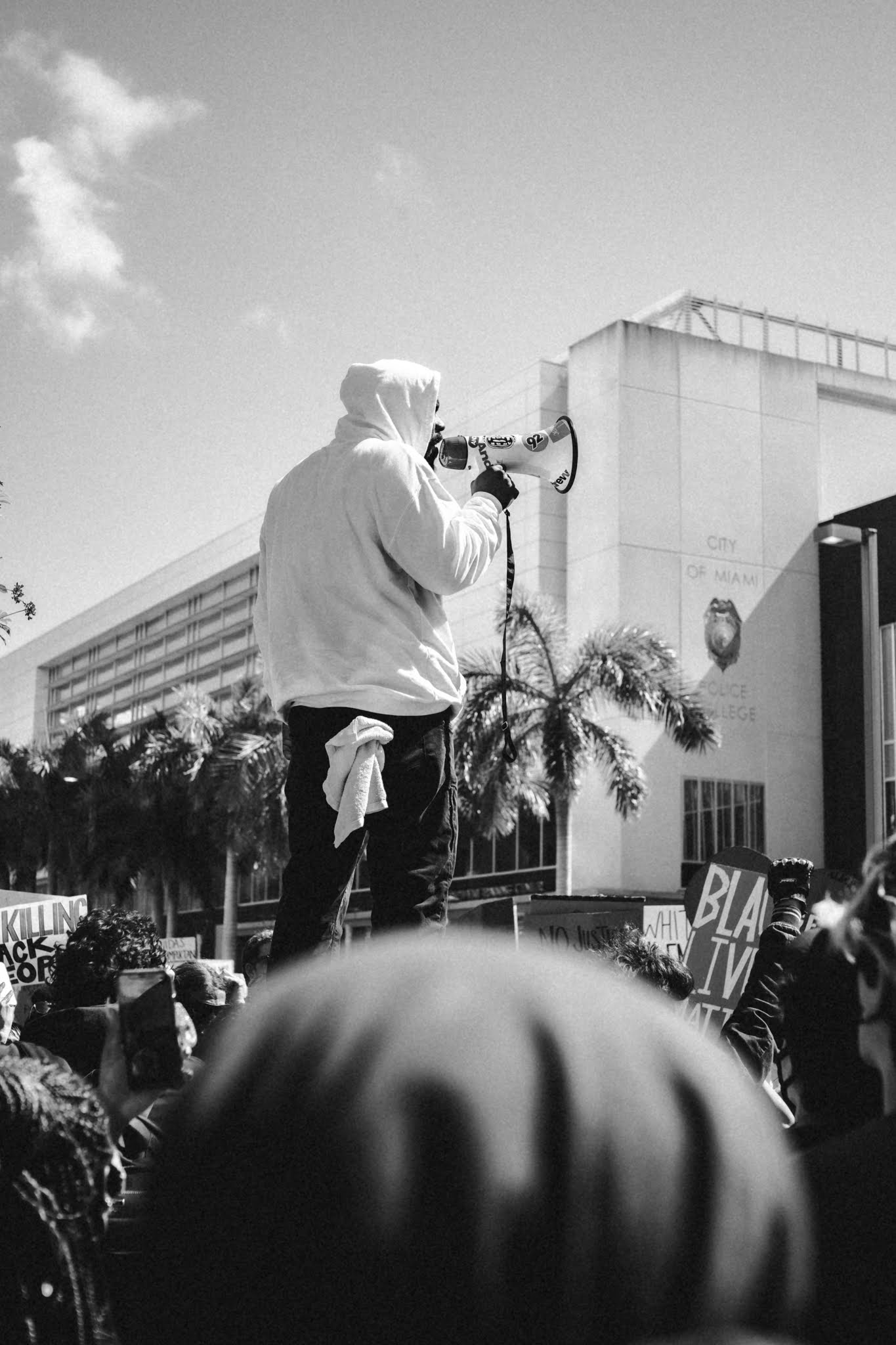I barely looked up when a young Hispanic woman slipped in front of me in my aisle seat to take the middle seat on my flight home to New Mexico from San Antonio. I had just left my 94-year-old mother in the memory care facility where she lived, not knowing whether I would see her alive again, and I wasn’t paying much attention to anything, though I had noted the man who had politely asked to take the window seat and had gotten up to let him pass just before the young woman completed our trio.
But soon, out of my peripheral vision, I noticed the young woman had only a small plastic grocery sack clutched in her lap. I also noticed that the man in the window seat was noticing her, too, and soon said hello. It was clear she spoke no English. She had an odd plastic band on her wrist, the kind you might be issued at a concert or a bar. He tried to ask her what it was, and she said simply, “shelter.” I wondered why she didn’t take it off. The window seat man introduced himself. “Me llamo Juan,” he said in passable Spanish, though I assumed his name was actually John. At first I thought she responded that her name was merci, as in the French for “thank you,” but as she repeated it I realized it was, in English, Mercy. (Later, I would look up the translation of “mercy” in Spanish: misericordia. I remembered learning the word and thinking how its similarity to the English “misery” made it seem the antithesis of mercy.) I used the pronunciation of my name, Hollis, that my Spanish-speaking friends use, “HOleece,” and Mercy repeated it, as did Juan.
My mother’s greying face, her lost ability to communicate clearly most of the time, my certainty that her death was not far off—all faded into the distance as my interest in Mercy was piqued. She was having a hard time buckling her seatbelt and Juan demonstrated. She successfully connected the two parts of the buckle, albeit upside down. Neither of us corrected her. “¿Es este tu primer viaje en avión (Is this your first plane trip?)” Juan asked. “Si,” she replied. “¿Cuantos años tienes? (How old are you?)” “Veinticinco,” she replied. I thought I had misheard her. Surely she meant 15, not 25. She was so petite, so young-looking. She had a soft voice, apple cheeks, round limbs. Maybe she had a reason to lie about her age.
She took pictures out the window as the plane took off. I watched her body language, but she seemed relatively at ease despite the newness of her experience.
I explained in my passable Spanish that in five or ten minutes, a person (how do you say “flight attendant” in Spanish?) would come to offer bebidas, and showed her the brochure from the seat back. “Estos son gratis (These are free),” I said, pointing to the sodas and juices, and “Estos cuestan (These cost),” pointing to the alcoholic beverages. “¿Qué quieres? (What do you want?)” She pointed to a Coca-Cola, which I ordered for her when the flight attendant came by, though she likely could have done so herself.
More details came forth in response to Juan’s and my clumsy questions in Spanish. She was from Nicaragua, she told us in slow, simple Spanish. She had come from there to go to Los Angeles to get a job to earn money to send home to her mother, who had cancer, she said, pointing to her throat area. Surgery is muy caro (very expensive) in Nicaragua, she explained. “¿Que tipo de trabajo? (What kind of job?)” I asked. “¿Restaurante?” she asked uncertainly. “Lo siento por tu madre (I’m sorry for your mother),” I added.
It took a moment for me to realize the import of all that she had said. During the course of the next few hours, I learned that she had come from Nicaragua by herself—first on buses, then walking, then wading across the Rio Grande at night in water up to her chest, she indicated. She had crossed the river solo. It was astonishing. “¿De un pueblo grande o pequeño (Are you from a big or small town?)” I asked. “Pequeño.” How had a young woman from a small town managed to travel so far alone? (Google Maps would later tell me she had traversed some 3,000 miles.) Though she had made it into the United States, I was frightened for her now, coming to a country where she didn’t speak the language. I imagined all kinds of dark threats: she could be abducted and trafficked, raped, otherwise abused. Was she traveling legally? Would la migra (immigration) arrest her? Was the family she was going to meet in L.A. anyone she actually knew, or just her “American cousins?”
I refrained from asking more questions. While I fretted, Juan had begun teaching her English using the safety instruction brochure from the seat back and his broken Spanish. Luckily, it was written in English and Spanish, so he could show her a word in English, say it for her, and then show her the Spanish translation. Soon she was parroting him: “Safe-tee.” “Seat-belt.” “What is ‘belt’ in Spanish?” Juan asked. I called up a translation app on my laptop. Cinturón, I remembered as soon as I saw it. Like the root of the English word “cinch.”
I had planned to work on the flight and turned to my computer, trying to concentrate on an editing job, a dissertation on the American West that included lots of Spanish words: vaquero, ranchero, bocanes, encomiendas. But I kept being pulled back into the conversation with Juan and Mercy, my peripheral hearing picking up on interesting tidbits he was managing to coax from her. He was laughing and making silly jokes, and she was warming up, even smiling a bit.
I snuck more glances at her. She wore black jeans, ripped at the knees, a white sleeveless tee and Nike (or Nike knock-off) tennis shoes that looked brand new. Her hair was neatly braided in two plaits down the back of her head. She wore no makeup or jewelry. And there was that black plastic bag, not large enough even for a change of clothes. No purse.
As we approached the end of our flight to Phoenix—a stop for me on the way to Albuquerque, a stop for her on the way to L.A., and Juan’s final destination—my anxiety began to escalate. How would she find her next flight? Juan and I looked at her boarding pass, which she could not read, and determined she had a three-hour layover compared to my two-hour wait. I decided I would see her to the gate; it seemed the least I could do. When we left the plane, I walked alongside her. “Are you going to. . .?” Juan asked me. “Yes.” I nodded. He said goodbye and passed us as I asked if she needed “el baño.” “Si,” she said. As we went into our stalls, I wondered if she would slip out the restroom door and disappear into the crowd. Why should she trust me?
But apparently she did. I told her—again, in my poor Spanish—that I would walk with her to her gate. I had looked up the word for “gate” in Spanish on the translation app, but she didn’t understand me. Perhaps the word is different in Nicaragua. I remembered a Spanish teacher I had in my 40s who would define a word for us three ways: how you’d say it in Northern New Mexico, where I lived; how you’d say it in Mexico; and how you’d say it in Spain. They were often entirely different words.
As we walked together, Mercy began dictating texts on her phone to family members, though I couldn’t quite make out what she was saying in her rapid Spanish. I was glad she was letting someone know where she was and what was happening. We got to her gate, and I checked the Arrivals/Departures display; her gate had been changed, but we were nearby the new one. She didn’t quite grasp the concept that it had changed, showing me the number on her boarding pass. “Cambio (change),” was the best I could do by way of explanation.
“¿Tienes hambre? (Are you hungry?)” I asked her. “¿Eres? (Are you?)” she asked guardedly. “Si,” I responded. “No tengo dinero,” she said. I responded in English. “I know.” I gestured for her to follow me. “¿Hamburguesa?” I asked. “Si,” she said. Off we went, back in the direction we had come by a half-mile, and into another terminal where the information volunteer told us we could find cafés. We ordered matching “hamburguesas y papas (French fries),” a Coke for her, water for me. The tab was an airport-inflated $45. She ate slowly and neatly, texting on her phone most of the time. I struggled to find more to talk about, asking what kind of music she liked. “Christian,” she said. Ah. That made sense; perhaps her faith had accompanied her on her long trip.
As we ate, she seemed comfortable with our mutual silence. We finished our burgers at the same time. She had not eaten her French fries and carefully folded the wrapper, clearly intending to take them with her. I wondered how long it had been since she’d previously eaten; perhaps at the shelter that morning? It was now mid-evening. I went and found a sack for her take-away, and offered her my French fries, too. She gestured a question: Didn’t I want to take them? I shook my head no. She just as carefully took my fries and the leftover condiments and put them in the sack. Then she pulled up her phone, turned on the camera, and put her arm around my shoulder for a selfie. “Por recuerdos (For memories),” she said. She had read my mind. I pulled out my camera and we tilted our heads together one more time.

As we began to make our way back to her gate, I started to worry again. I wanted to give her some money. Even if she arrived in Los Angeles to a loving, financially secure family ready to take her in, and got a job right away, shouldn’t she have some money in her pocket? You’re patronizing her, a part of me answered. It’s not your job to rescue her, the voice argued. Still, it nagged at me. I thought of my late father, who—no matter how old I was—insisted when I was departing after a visit that I take some “walking-around money” from him. I reached into my wallet and put $40 in my jacket pocket, putting off the decision until we reached her gate.
When we got there, it was time for me to find my own gate, make sure my own next steps were in order. But I wanted to know so much more about her. How had she gotten a plane ticket? Had the shelter helped? Had a Christian organization in Nicaragua provided the money? Was she seeking asylum? How long would she stay in the United States? She turned to me as I reached into my pocket and thrust the bills into her hand. “God bless you!” she blurted in English as we embraced. Of course, she would know those words in English. Touched, I couldn’t think of what to say. “¿Segura (Safe?)” I asked. “Si,” she nodded.
I reluctantly turned to go. Just before turning the corner toward my terminal, I looked back. There in the gate area Mercy was already making a friend: she was talking as she approached a plump, middle-aged Hispanic woman. I sighed with relief. Here was someone who could help her navigate the last leg of her trip safely.
After settling into my seat for the final flight of my journey home, I closed my eyes and mused about my experience. It had been so long since I’d had more than the most cursory conversation with a seatmate on a plane, certainly not since Covid had made us afraid to share breathing space, but even before that. Yet here I had met Mercy, and Juan—surely the warmest, most friendly person I’d shared a seat row with in years, someone like me, whose heart was opened by this innocent, hopeful, determined, and courageous young woman sharing our row. We had made a silent pact to ease her journey.
The entire encounter now seemed like a dream, a numinous event taking place out of time and space. Through the unexpressed needs each of us brought onto the plane with us, an invisible ribbon of light had threaded us together. Even her name, in retrospect, seemed magical: Mercy. She was seeking mercy for her mother, salvation from cancer, while I was seeking mercy for mine, in a peaceful passing. And mercy had made itself present to each of us in our connection that day: I had helped Mercy, yes, but she had also helped me, made me feel alive, curious, engaged; she distracted me from my anxieties and sorrows, and reminded me of how lucky I am to have the life trajectory granted me.
Perhaps Shakespeare said it best, in The Merchant of Venice, when Portia begs Shylock to show mercy to her client Antonio:
The quality of mercy is not strain’d.
It droppeth as the gentle rain from heaven
Upon the place beneath. It is twice blest:
It blesseth him that gives and him that takes.



Thank you, Hollis.
This is a beautiful recollection of an encounter so many of us have had.
Maybe shorten it and submit it to The SF Reporter?
Well done.
Thanks, Dana, Don’t think the Reporter is the right venue for this piece, but I appreciate the thought!
Hope you are well.
Hollis
Love this story about your interaction with Mercy!
Thanks, Lena! It was one of those unexpected, extremely profound moments. . . always grateful for them!I hope you are well and happy!